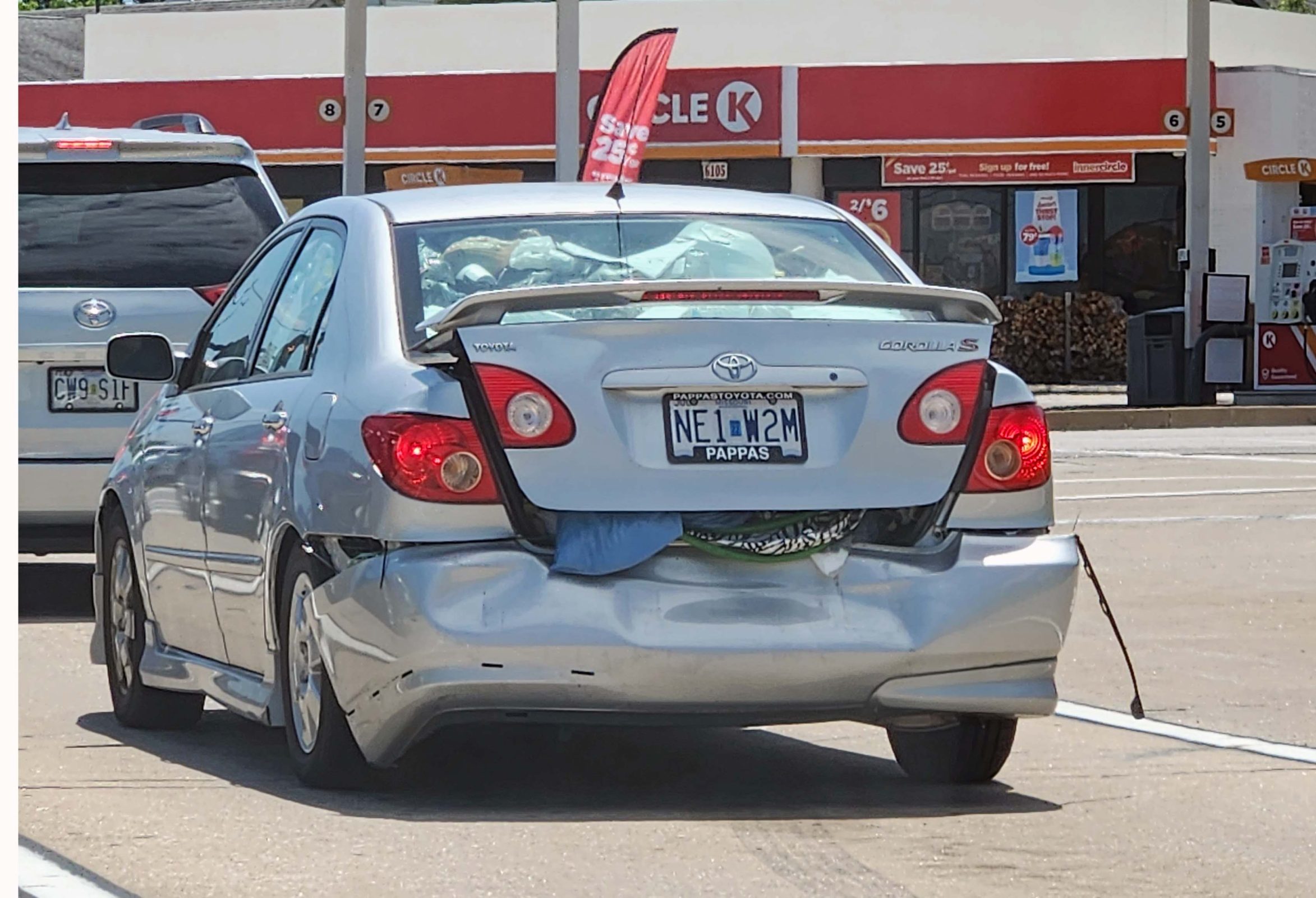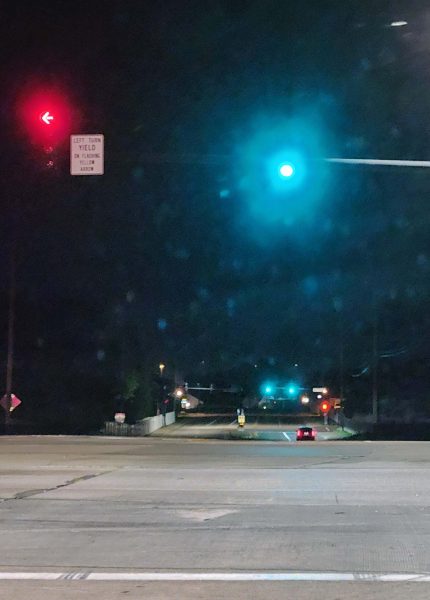Speaking of online games, I saw this ad while I was online. Pay attention to how it will make you feel if you “play now.”

Speaking of online games, I saw this ad while I was online. Pay attention to how it will make you feel if you “play now.”

I didn’t start playing Wordle right away, but I loved it the first time I tried it, and I’ve been playing it ever since. In March, I saw an article online that said the longest winning streak was 968. According to the article, the average number of tries to solve Wordle is four, and that’s true for me as well. I don’t try to guess the word before starting. I just play to solve the puzzle, not to solve it in x number of tries, so I don’t care if it takes all six tries to do it.
My statistics are a little skewed because I started playing before The New York Times bought the game, but according to the current online chart, I’ve solved one puzzle in 2 tries (lucky); 133 puzzles in 3 tries (which, according to the article, takes “skill, finesse, and intellect”); 222 puzzles in 4 tries (average); 145 puzzles in 5 tries (whew!); and 38 puzzles in 6 tries (nerve-wracking). I frequently solve the puzzle in under 30 seconds, but there have been a few puzzles I had to set aside for a few hours before taking a fresh look at them to “see” the word that will fit. Wordle now offers hints, but I don’t use them–that would spoil the fun.
I’m disappointed in my streak record. Twice, NYT has ended my streak when I clearly remember playing the previous day. The longest streak they give me credit for is 457 days, which isn’t shabby. There’s no trophy for the longest streak, so no big worries there. At least they don’t mess with my 100 percent solving success record!
I keep a running record of my solutions, which comes in handy when there are multiple possible words that fit (prune/prone, crush/crash, terse/tense, etc.) and only a limited number of tries to choose the right one. I’m amazed at the number of five-letter words in the English language.
How long is it until midnight when tomorrow’s puzzle will be released?
One day, as I was waiting for the traffic light to change to green, an unusual car pulled up in the adjoining lane. It was a marvel to see, and it’s too bad it didn’t stop a little farther back so I could take a picture of it from the side. Except for a space just large enough for the driver to operate the car, the entire car was filled with trash. Even the windshield in front of the driver had trash on the dashboard up to the driver’s sight-line. The interior of the car–front and back seats–was tightly packed with trash and so was the trunk. I have no idea if this was a temporary situation, the driver’s lifestyle, or a contest entry, but I’ve never before seen such a trash-filled car.

Do you ever think about how many things are arranged in alphabetic order? In many instances, this arrangement keeps things orderly and makes them easy to find, but does alphabetic order ever seem unfair to you when your turn in line is determined by the first letter of your last name? I’ll guess that if your last name begins with a letter in the first part of the alphabet, your answer is “no.” My last name began closer to the end of the alphabet, so my answer is “yes.”
I attended a small, rural, two-room elementary school. Depending on the year, there were 50-60 students in eight grades, with grades 1-4 in one room and grades 5-8 in the other. Our school had two small libraries consisting of three shelves that stretched across the back of each classroom. The libraries included a full set of encyclopedias and several dictionaries, so that diminished the space available for recreational reading materials during one’s four years in that classroom. Because this was true of so many schools in our largely rural county, the county provided a “traveling library.” The county school superintendent and his/her assistant made the rounds of all the rural schools every two weeks to exchange packing boxes filled with about 30 books. In a round-robin pattern, each classroom in each school exchanged its current box of books for a box with a different selection of books that came from a different school.
I have always loved to read and I finish books quickly, so I was always impatient and eager for the traveling library to bring a new box of books to our school. Unfortunately for me, my teacher believed that the fairest way to distribute the new books while keeping order in the classroom was to allow a few students at a time to make their one-book selection. This was done in alphabetic order, always beginning with the “A’s.” I lived in an area of Dutchmen, many of whose names began with De-capital letter-remainder of last name, such as DeBlaey, DeMaster, etc., and my last name began with “S.” Those early-alpha kids always had the first pick of the traveling library books and I was always in the last group to make a selection. The traveling library rules said that when you finished reading the book you selected, you put it back into the box and then had the option to choose a different book from the box. The early-alpha kids frequently failed to finish their selected books in the two-week exchange period, so their selections didn’t make it back to the box until the exchange day, and I rarely had a chance to read everything I wanted to read.
Alphabetically, things changed for me when I enrolled in a large university (35,000 students). Class enrollment was open for several days each semester, and was available in alphabetic order. Naturally, those who were in the first alphabetic group were nearly always able to enroll in whichever course/day/time they chose while those in the last group usually had to make some course/day/time adjustments. BUT, the alphabetic groups changed order each semester. I don’t remember the exact groupings, but if, for example, A-G had first choice this semester, they moved to the #3 spot the following semester; group H-P moved to #1; and Q-Z moved to #2. In this way, once every three semesters, everyone had a chance to be first, second, or third in course selection. What could be more fair while still maintaining order and a manageable number of students enrolling at a given time? There may be other entities that do this, but I’ve never encountered or heard of them, so this was a happy revelation to me as a college freshman, and it’s certainly more fair than always giving the “A’s” first choice and the “Z’s” last choice.
I recently read that the double-space at the end of a sentence is no longer the rule in typing. I assume that’s because electronic devices automatically insert a single space following a period, and it’s easier to change the rule than to fight the power of all the electronic devices.
I, however, learned to type a long time ago and was taught the double-space protocol. How long ago? Well, because I was such a fast typist (I have a high school award pin for “Fastest Typist”), I was assigned to one of the three new electric typewriters in our high school typing classroom. Woo-ee! In fact, at that time, only the IBM Selectric typewriter with the letter ball in place of individual keys could keep up with me without getting tangled. After all these years, tapping the space bar twice at the end of a sentence is so automatic for me that it slows me down to have to remember to tap it only once or to go back and delete the extra space. I’m just going to continue tapping the space bar twice after each sentence I type and let the electronic devices do their thing.
If you’re checking for double spaces after periods in this post, you won’t find them because, even though I tap the space bar twice, WordPress autocorrects me and uses only a single space. The exception is if I compose something in Word (or another format) and copy it to WordPress to post.
You can’t fight the power of big media, and you can’t fight a long-term and harmless habit either. Let’s hear it for double-spacing at the end of a sentence!
P.S. My “Fastest Typist” pin said “70 wpm” but I typed faster than that. The pins weren’t available for any speed above 70 wpm.
Due to strong solar storms, a large portion of the United States had a rare opportunity to view the northern lights this spring. Friends and family from a number of states posted photos showing the stunning display. Ted and I drove north of the city to a dark field to see the show and this is what was visible to us. It was definitely underwhelming!

On our way home, we saw red and green lights overhead and Ted said, “There they are! The northern lights!”
